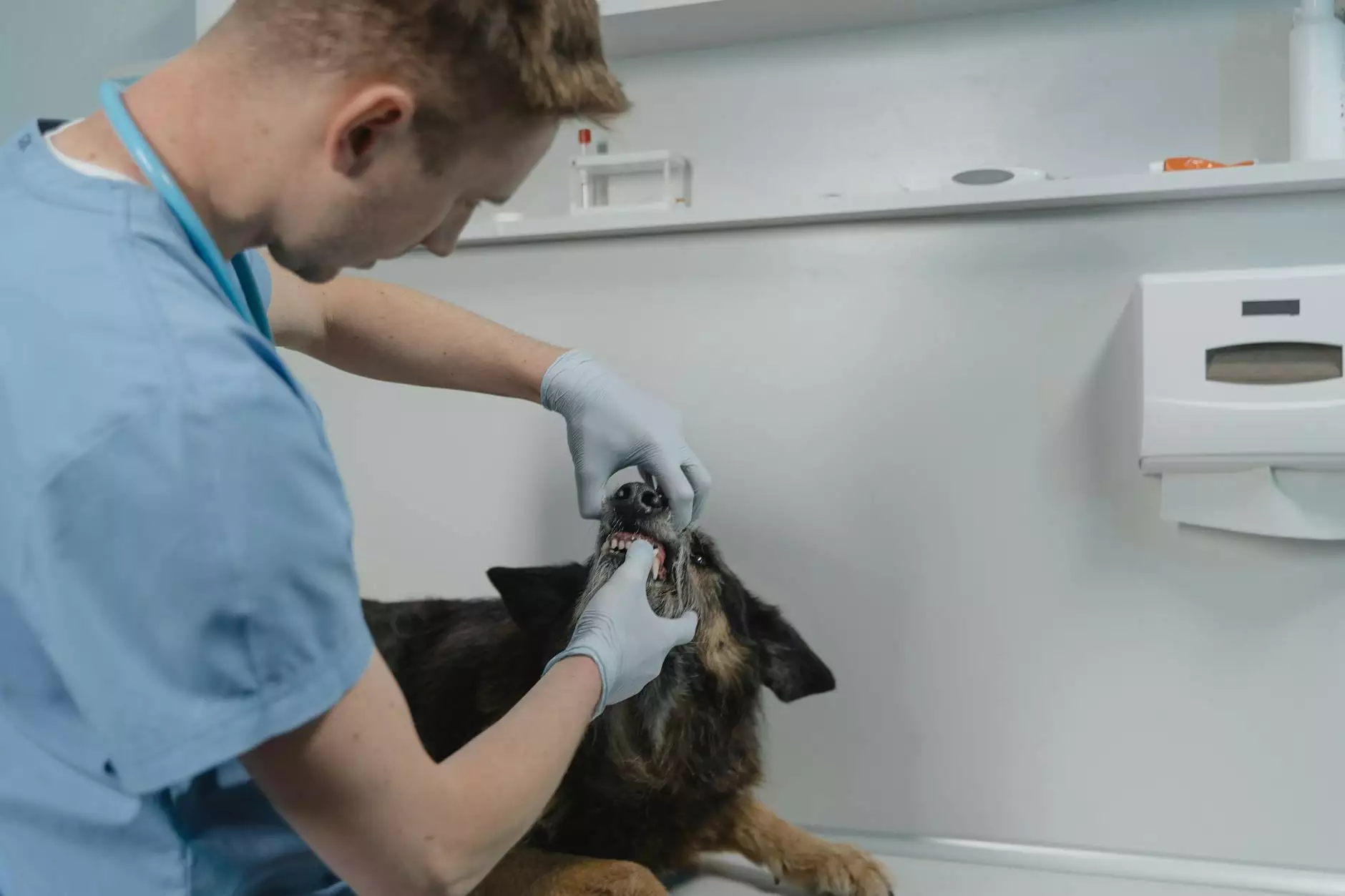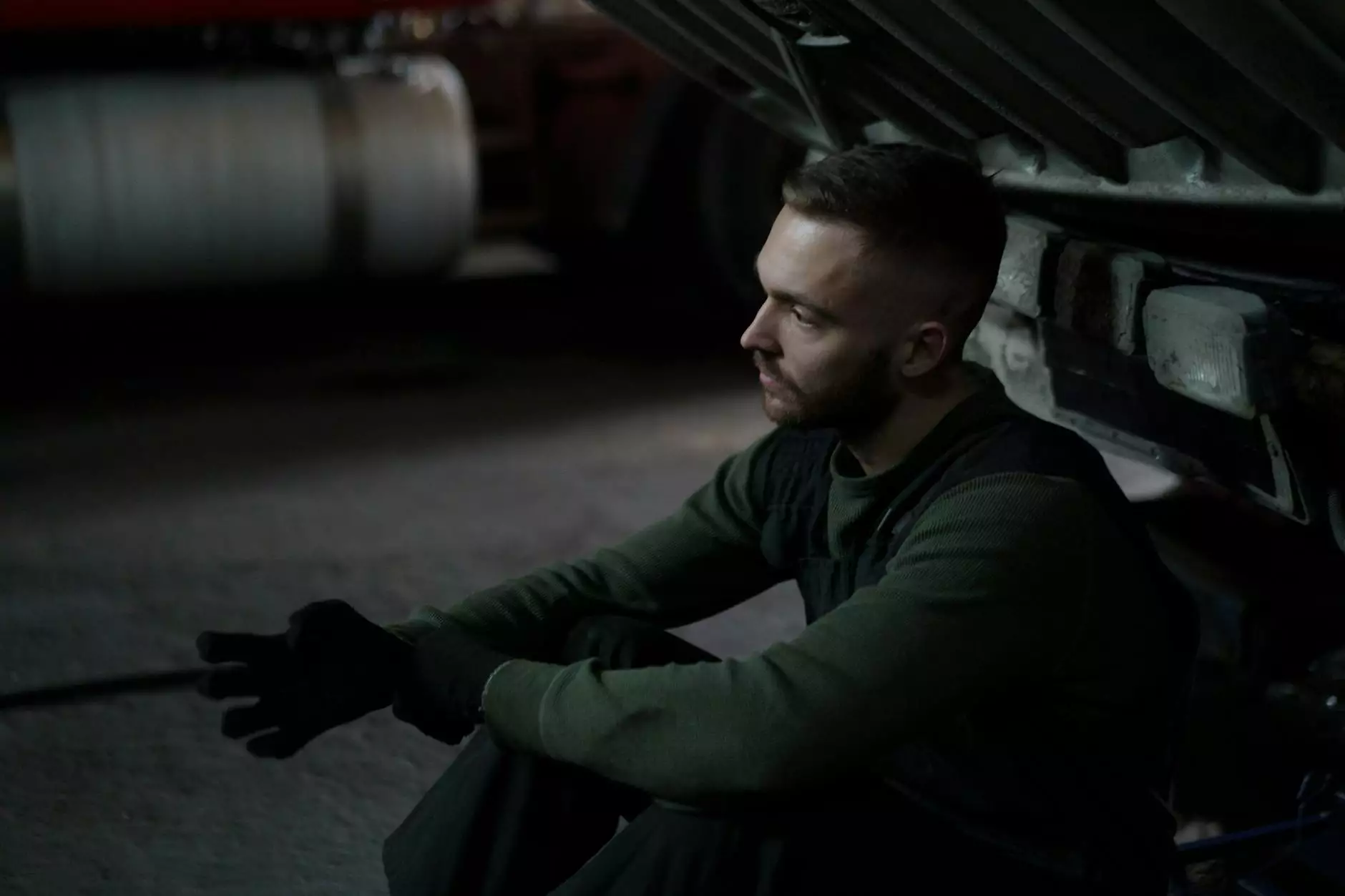The Importance of Lung CT Scans in Health & Medical Treatments

Lung CT scans, or computed tomography scans, are essential diagnostic tools in the field of health and medical care, particularly when it comes to assessing and treating various respiratory conditions. Understanding their significance can not only aid in early detection of potential health issues but also enhance treatment outcomes across various categories, such as sports medicine and physical therapy.
What is a Lung CT Scan?
A lung CT scan is an imaging technique that employs X-ray technology and computer processing to create detailed cross-sectional images of the lungs. These scans provide a much more comprehensive view than standard X-rays, allowing healthcare providers to identify abnormalities within the lung tissue more efficiently. The detailed images from a CT scan can reveal:
- Lung nodules
- Tumors
- Infections
- Chronic diseases like COPD and asthma
- Vascular issues, such as pulmonary embolisms
Why are Lung CT Scans Indispensable in Modern Medicine?
Health professionals rely on lung CT scans for several compelling reasons:
1. Early Detection of Lung Diseases
One of the most crucial advantages of a lung CT scan is its ability to detect diseases at an early stage. Early diagnosis of conditions such as lung cancer can significantly improve treatment outcomes. The high sensitivity of CT scans makes them superior in spotting even small nodules that may not be visible in traditional X-rays.
2. Detailed Visualization
The clarity and detail of a lung CT scan allow doctors to evaluate the lungs’ structure and function. Furthermore, these images can help pinpoint the exact location of abnormalities, which is critical for determining the appropriate treatment methodologies.
3. Guiding Treatment Plans
Once a diagnosis has been made, CT scans assist healthcare providers in formulating targeted treatment plans. For instance, if a tumor is discovered, a lung CT can help guide a surgeon during delicate operations by providing a clear, three-dimensional perspective of the lung's anatomy.
4. Monitoring Existing Conditions
For patients with chronic respiratory diseases, regular lung CT scans can be vital in monitoring the progression of the disease and the effectiveness of treatment strategies. This ongoing assessment ensures that modifications to treatment can be made promptly.
Lung CT Scans and Sports Medicine
In the realm of sports medicine, lung CT scans play a significant role in analyzing the health of athletes, especially those involved in high-impact sports. Understanding respiratory health is critical for athletes, as their performance heavily relies on optimal lung function. Here’s how lung CT scans are integrated into sports medicine:
1. Assessing Athletic Performance
In sports, an athlete's breathing capacity can affect their endurance and overall performance. Lung CT scans help in evaluating lung volumes and the presence of any pathological conditions that could impair performance.
2. Injury Evaluation and Recovery
In case of respiratory-related injuries or changes in lung health due to overtraining or exposure to harmful substances, lung CT scans can facilitate assessments that help tailor rehabilitation protocols in physical therapy.
3. Pre-Season and Post-Season Checks
Regular lung evaluations through CT scans can help in identifying potential health risks among athletes before and after seasons, enabling coaches and medical staff to take preventive actions. This practice ensures athletes remain in peak condition.
The Role of Lung CT Scans in Physical Therapy
Physical therapy often aims to enhance the recovery process, especially for patients dealing with respiratory conditions. Here are key areas where lung CT scans provide support:
1. Tailoring Rehabilitation Programs
Therapists can develop more effective rehabilitation programs by understanding a patient's specific lung pathology through CT scan results. This tailored approach can lead to better recovery outcomes.
2. Assessing Treatment Outcomes
Following treatment, lung CT scans serve as a tool to evaluate the effectiveness of physical therapy interventions and modify them based on the patient’s progress.
3. Patient Education
In addition to physical assessments, CT scan results can be used to educate patients about their condition, thus fostering better understanding and compliance with treatment protocols.
Risks and Considerations of Lung CT Scans
While the benefits of lung CT scans are significant, it’s essential to acknowledge the potential risks and considerations:
1. Radiation Exposure
CT scans involve exposure to ionizing radiation. Although the risk is generally low, it is a factor that patients should consider, especially when undergoing multiple scans.
2. Contrast Material Reactions
In some cases, a contrast material may be injected to enhance image clarity. It can pose risks for individuals allergic to iodine or those with kidney issues.
3. Economic Considerations
Financial factors must also be taken into account, as lung CT scans can be costly, and insurance may not cover all aspects of the procedure.
The Future of Lung CT Scans in Healthcare
As technology continues to advance, the role of lung CT scans is expected to expand. Innovations such as machine learning and artificial intelligence may enhance how radiologists interpret CT results, leading to even earlier diagnoses and more personalized treatment plans.
Conclusion
The integration of lung CT scans into the fabric of modern healthcare has transformed the ability to diagnose and manage respiratory conditions effectively. From health & medical environments to the specialized realms of sports medicine and physical therapy, these scans empower healthcare providers to offer precise, cutting-edge care. Both patients and practitioners can benefit from the comprehensive insights provided by lung CT scans, enhancing overall health outcomes and improving the quality of life.
For more information on how lung CT scans can play a vital role in your health regimen, please visit Hello Physio.









